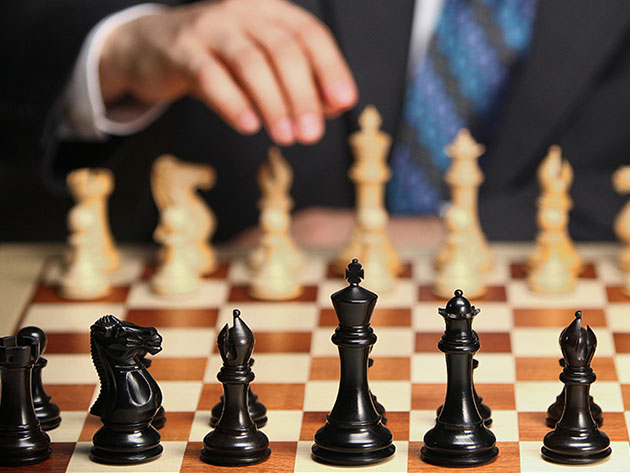What May Children That Are Learning Chess Stand to Gain from a Beginner Course?

For centuries and, in fact, millennia, chess has been holding people’s minds as a game that demands patience to win, as well as thinking and logical calculations. Apart from the regular process of mastering a board game, it may be quite fulfilling to teach kids to play chess. Kids can learn important skills that go far beyond the chessboard with the aid of a beginner chess course for kids, which can offer many advantages. This post looks at the advantages that kids can have when they start playing chess.
Increasing Mental Capabilities:
These abilities transfer to other areas of scholastic and personal development and are not just essential for winning at chess. A starter course enhances children’s cognitive development by teaching the fundamentals of chess in an organised manner through guided practice and tutorials.
With the help of a well-crafted chess lesson, children can gradually increase their attention span by learning concentration strategies. Their performance in the classroom and other tasks requiring consistent mental effort may benefit from this increased focus.
The Promotion of Imagination and Creativity:
Chess offers a lot of opportunities for creativity even though it’s frequently linked to rational thought. Through the introduction of the game’s infinite possibilities, a basic course can help unlock a child’s inventive ability. Kids start to see the chessboard as a blank canvas for their imaginative thoughts as they pick up new opening strategies, tactical combinations, and endgame tactics.
In other spheres of life, a child’s imagination can be stimulated by practicing creative problem-solving in chess. They discover that problems frequently have more than one answer and that novel ideas and unanticipated successes can result from thinking beyond the box.
Develop Sportsmanship and Emotional Intelligence:
Children have a great opportunity to develop good sportsmanship and emotional intelligence when they learn chess in a structured atmosphere. Children learn how to accept both success and failure with grace when they play against their peers in an introductory course. They learn how crucial it is to remain calm under duress, respect their opponents, and abide by the rules.
The development of a youngster can greatly benefit from these lessons in social interaction and emotional control.
Decision-Making and Self-Confidence:
Children steadily increase their self-confidence as they advance through a chess beginner course for kids. A feeling of accomplishment is enhanced by every new idea grasped and the game won. A child’s readiness to take on new challenges and general self-esteem can both benefit from this rising self-assurance.
Additionally, throughout a game of chess, players must make a lot of decisions—often under the pressure of time. In an encouraging setting, a beginning course aids in the development of children’s decision-making abilities.
Conclusion:
In a typical lesson given to kids on the game, not only the rules of the game are taught. Apart from enhancing concentration, creativity, empathy, and confidence, it somehow presents an entertaining way of attaining these benefits systematized. By playing chess, children develop competencies that enable them to succeed in class and life as they deal with the various aspects of chess. Apart from the positive effects of learning chess, a well-crafted course on chess basics becomes a passport to vast opportunities for intellectual and personal development, enabling children to face the challenges.










